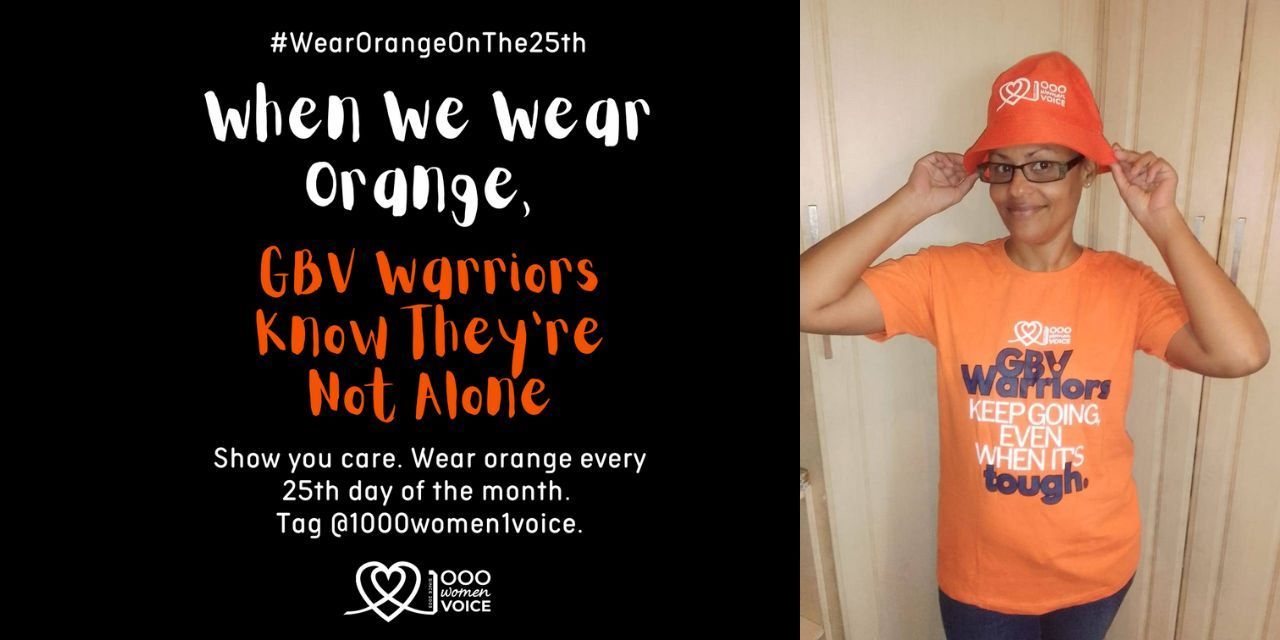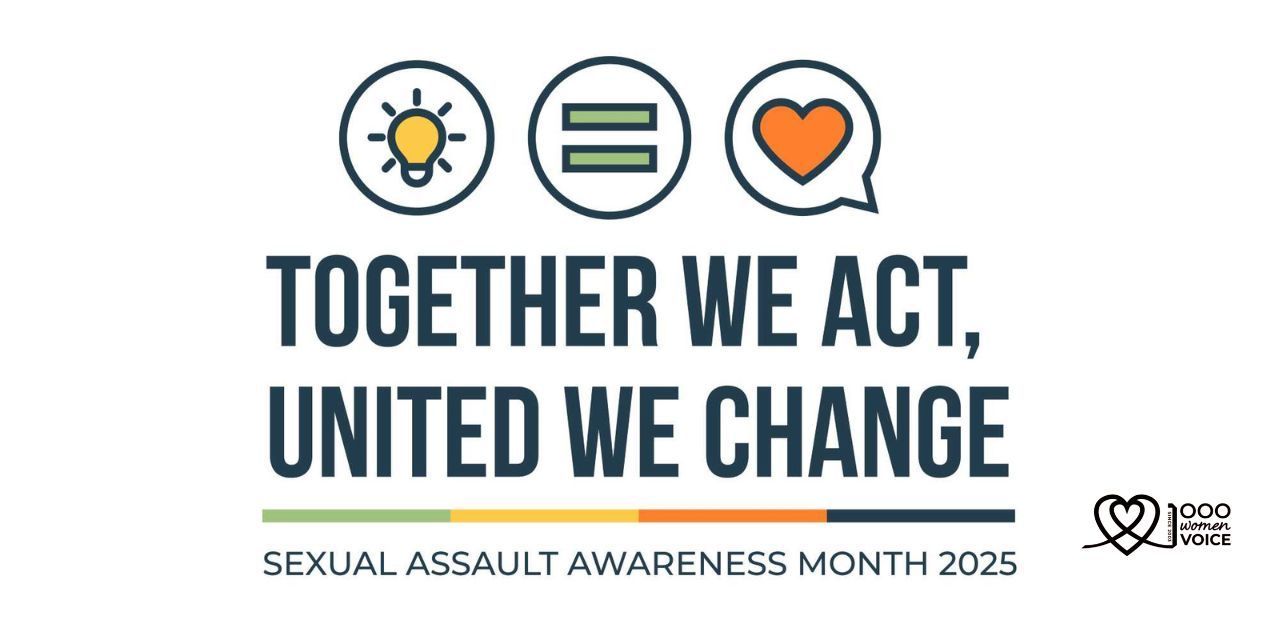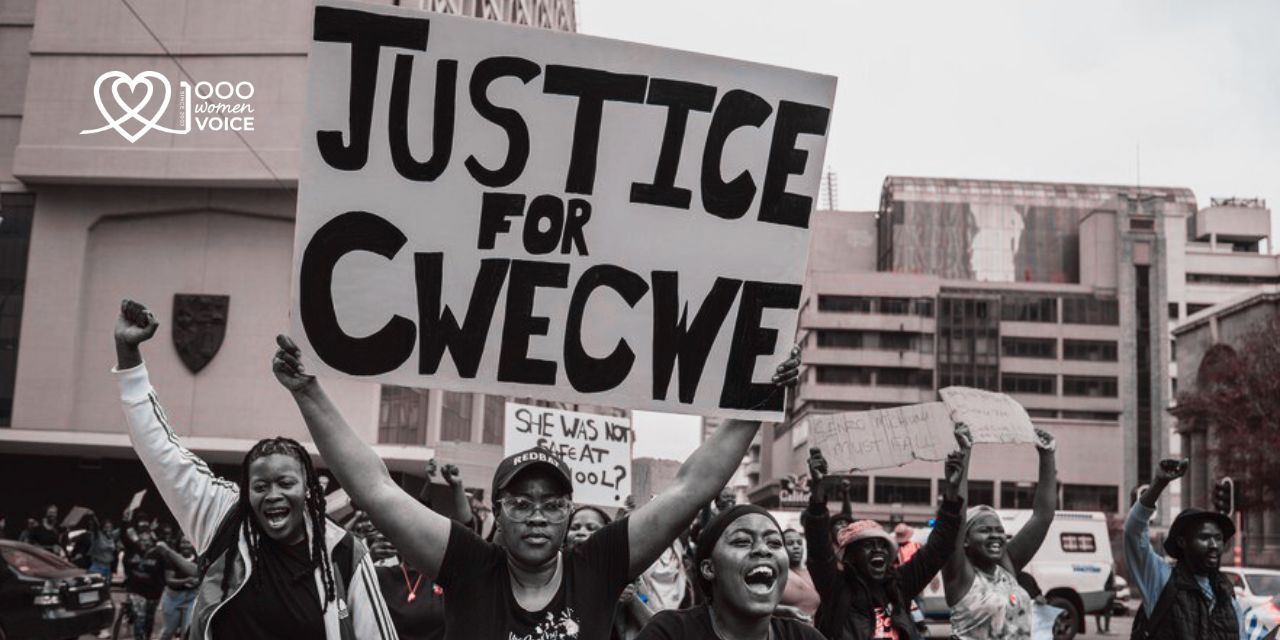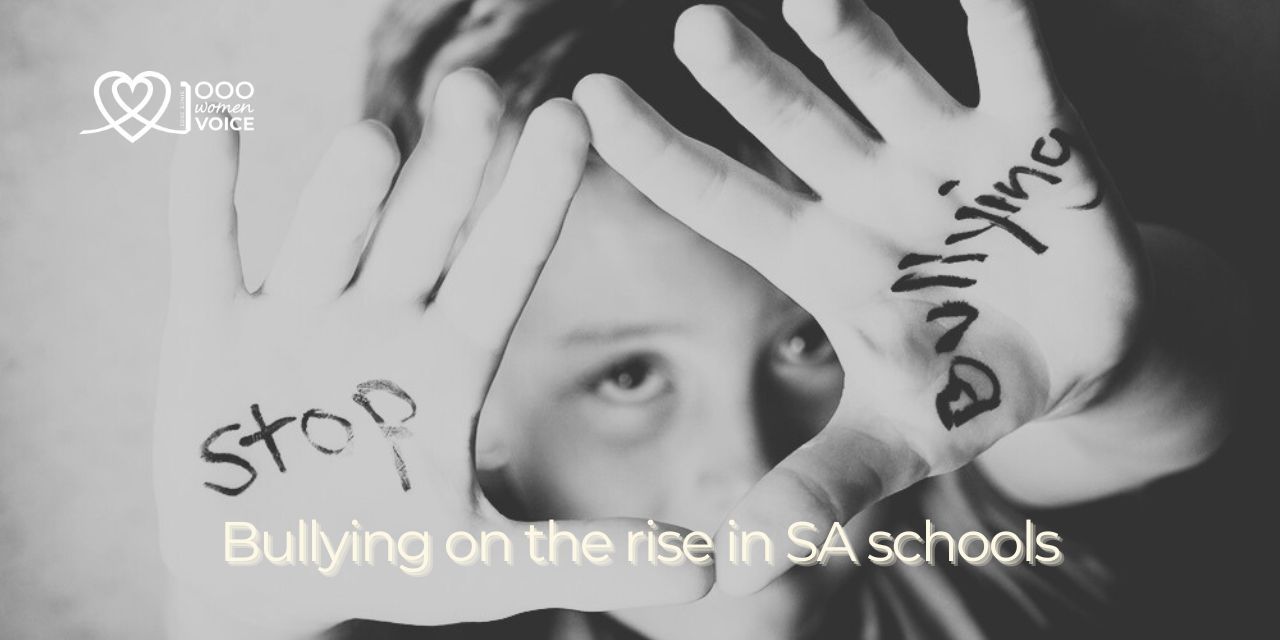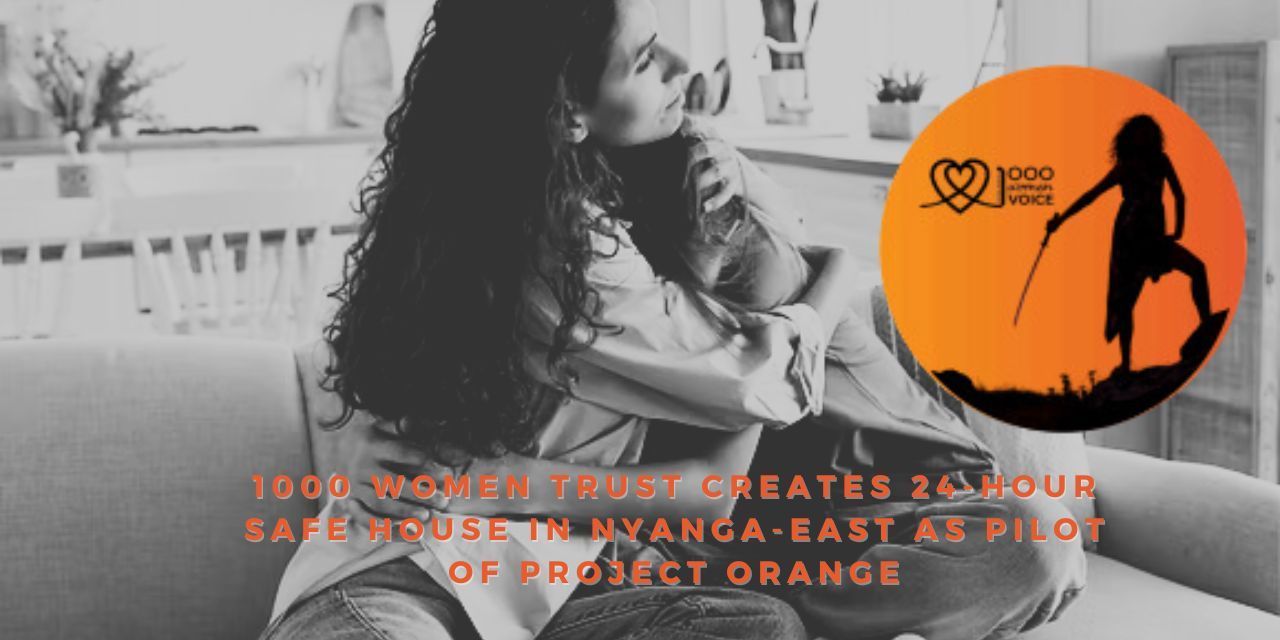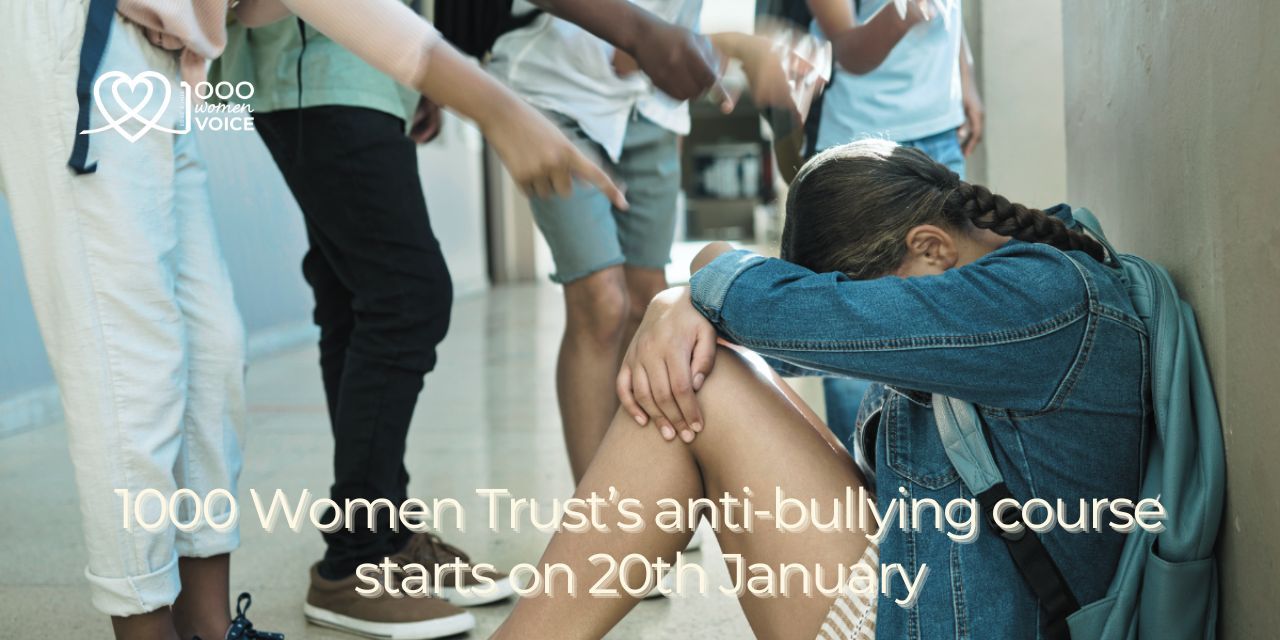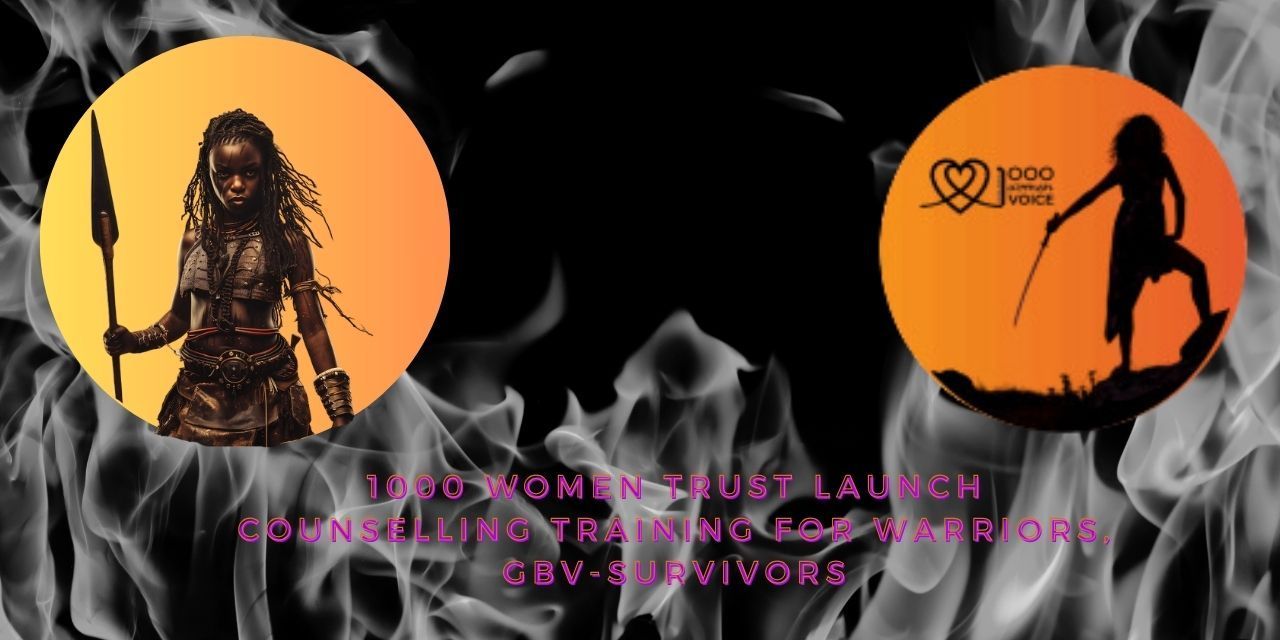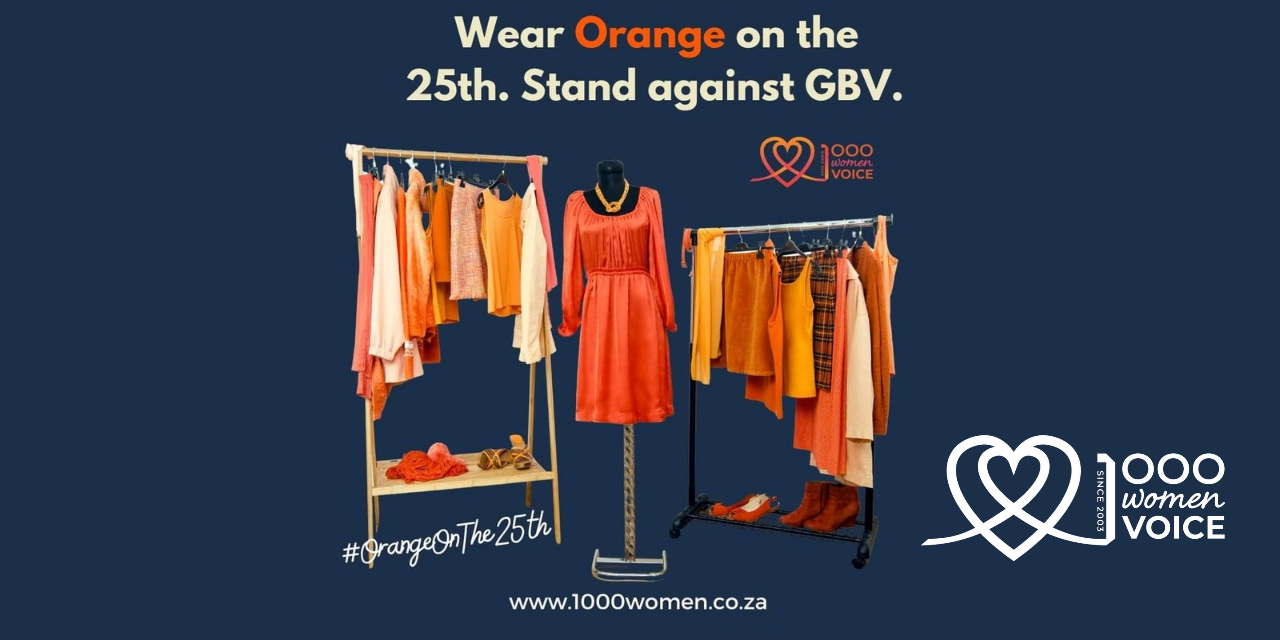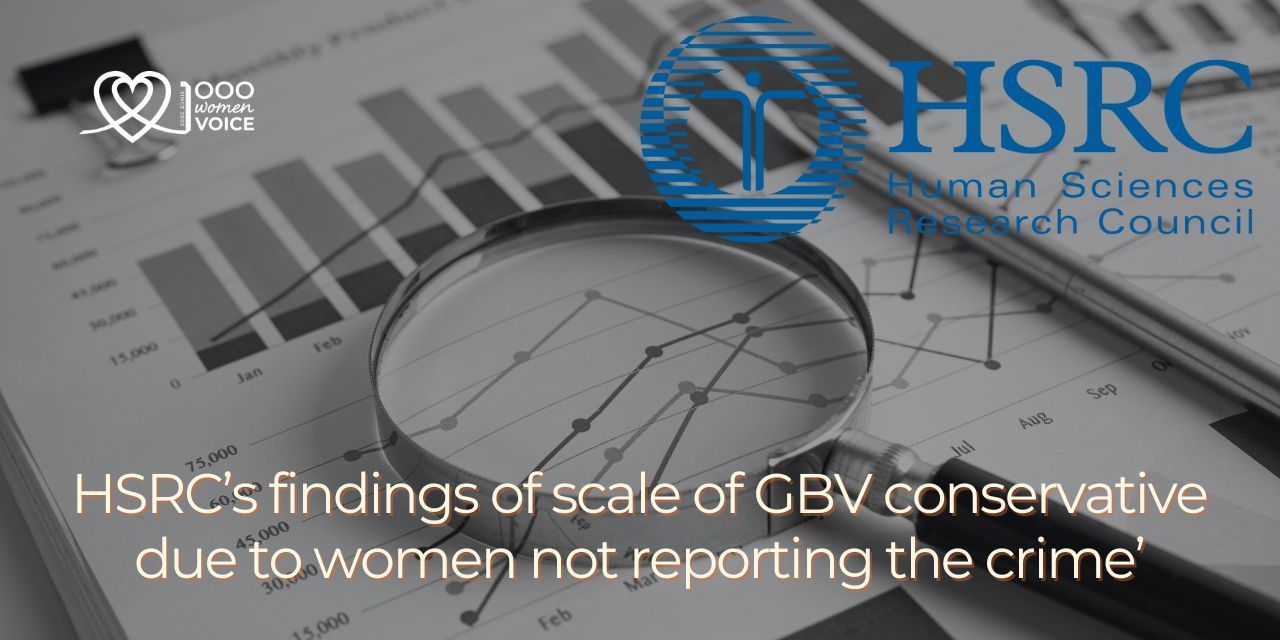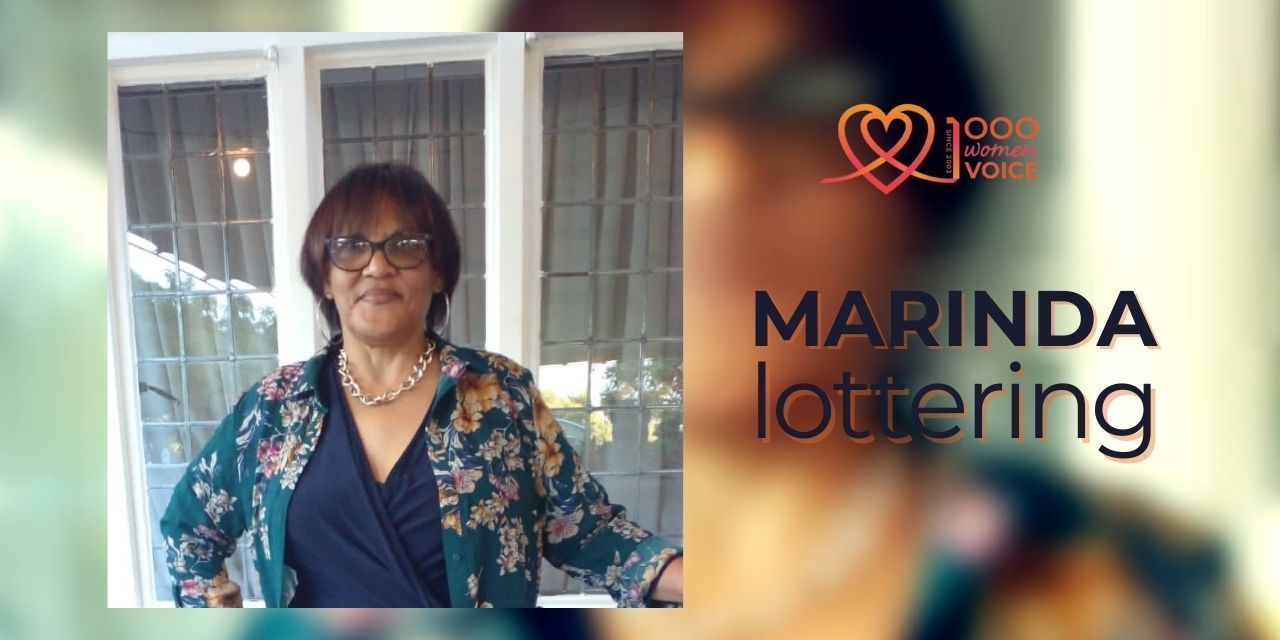Social, economic and implementation barriers undermine effectiveness of three new GBV-laws, warn Jantjies
The three new GBV-laws which were signed by President Cyril Ramaphosa in January 2022, aimed at strengthening efforts to end gender-based violence in South Africa, were a major factor in enforcing the legal framework against these crimes. Yet many South African women still face major social and economic barriers before they report the violence they are subjected to, said Andrea-Joy Jantjies, associate of the Women’s Legal Centre.
The three new GBV-laws are the Criminal and Related Matters Amendment Act, the Criminal Law (Sexual Offences and Related Matters) Amendment Act and the Domestic Violence Amendment Act.
Jantjies said many SA women who are in relationships with their perpetrators are dependent on the perpetrator of gender-based violence for economic support for themselves and the children. Other barriers include, legal illiteracy, which means victims are not always aware of their legal rights. Another barrier is that women who want to report abuse still have to pay transportation costs when going to the police and some of them simply don’t have the means.
When women do report the matter to the police, they are sometimes told that is a private matter between a man and his partner. There remains a need for further awareness raising to change attitudes of service providers that confines domestic violence to the private sphere, because this contributes to a culture of impunity.
A lack of victim support also contributes to the fact that some women withdraw the case against the perpetrators after they have reported the abuse.
Police are supposed to provide victims with a list of available shelters where they can feel safe and are not intimidated by the perpetrator, but they don’t always provide that information to women who suffer from gender-based violence.
The lack of knowledge by the victims of their rights and of the three new GBV-laws still undermines the effectiveness of these laws. For example, the safety monitoring notice will make sure that a police official will check on victims’ safety regularly by telephone or in person for a specified period, but many women are not aware of this additional protective mechanism to ensure their safety.
“There are mandatory and effective training of various departments of the police and the judiciary with regards to the GBV laws, but constant capacity building is required with regards to this training of the judiciary and the police,” said Jantjies.
The three new GBV-laws do not address the culture and violence against women in South Africa by predominantly men, evidenced by the fact that from 1st September 2023 until 31st December last year there were 18254 sexual offences reported – 168.9 per day - an indication of how much GBV is still the second pandemic.
“The numbers of GBV-victims are staggering and are comparable to countries actively at war. The reality is that one in every five women in South Africa is a victim of gender-based violence,” said Jantjies.
“The patriarchal norms in society as well as the legacy of violence and poverty contribute to the perpetuation of gender-based violence. And so often women are stigmatized and wrongly blamed for GBV,” said Jantjies.
